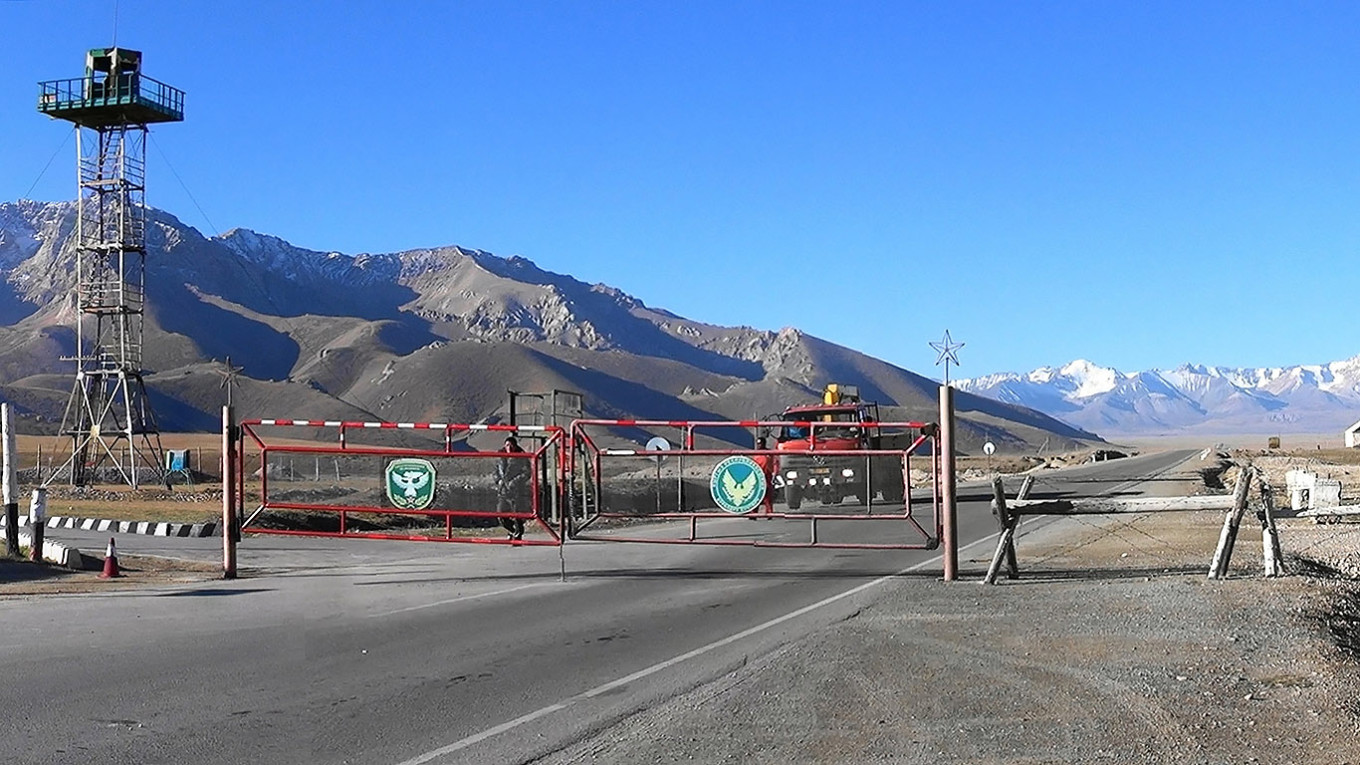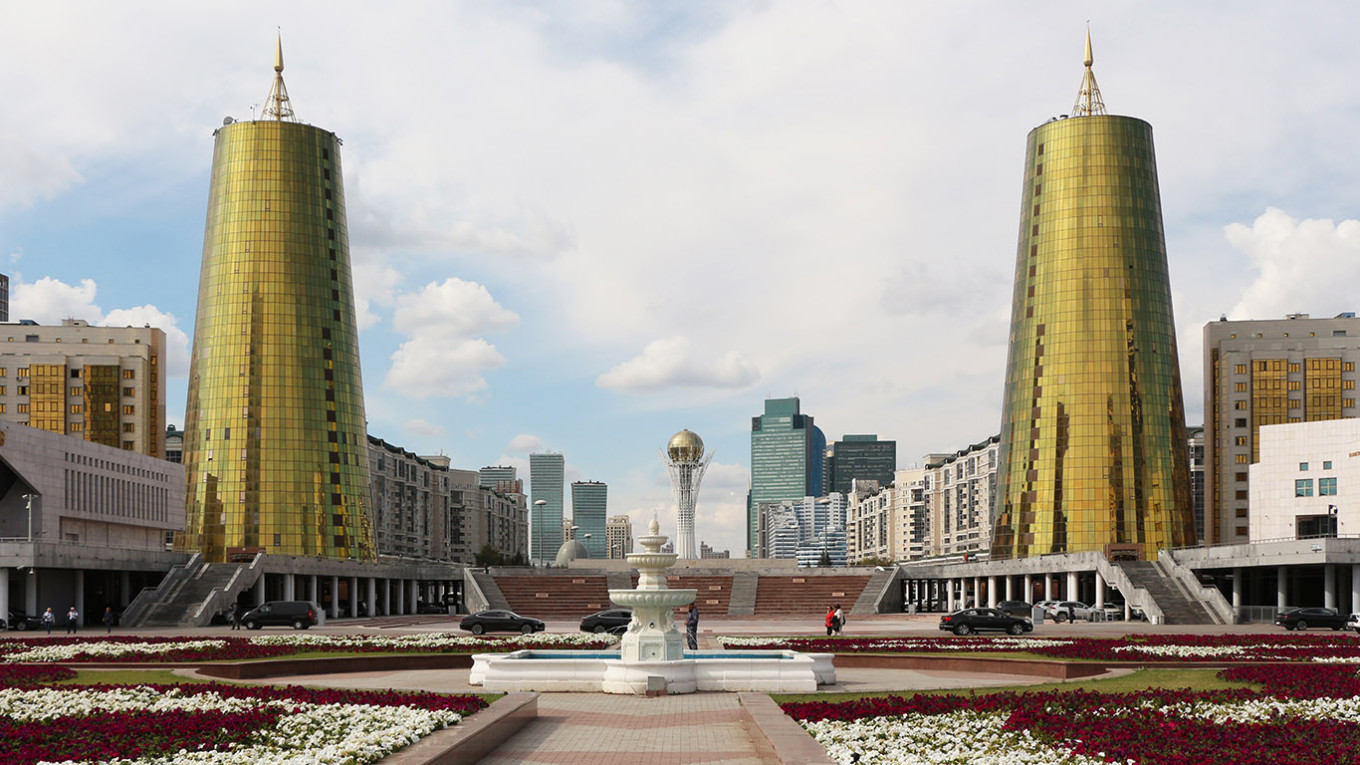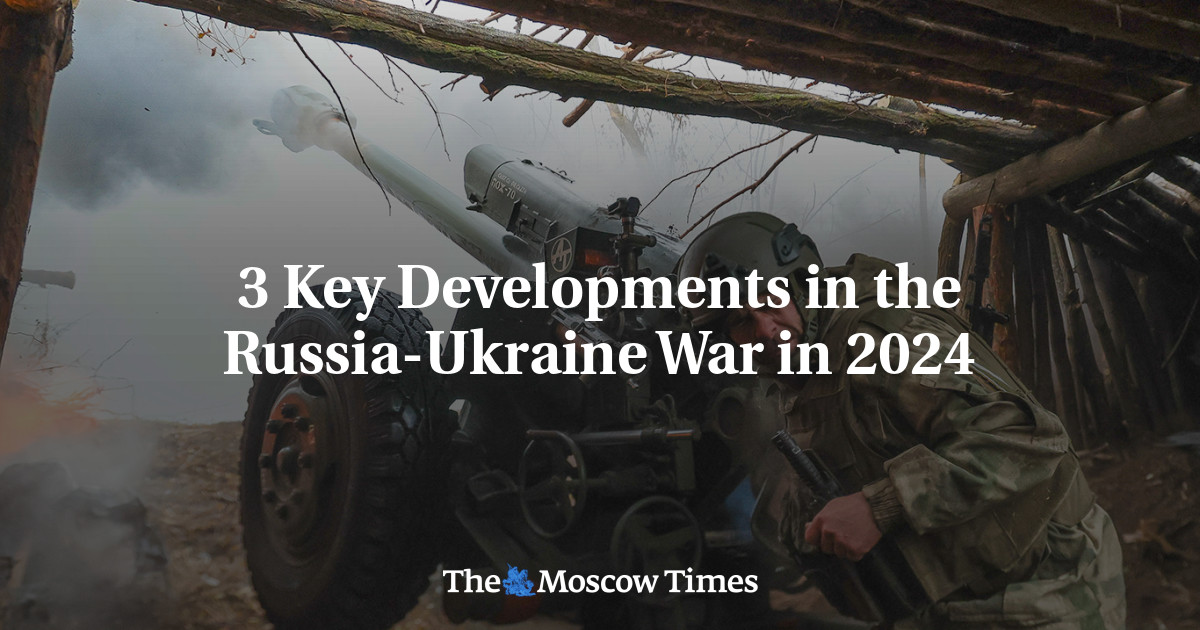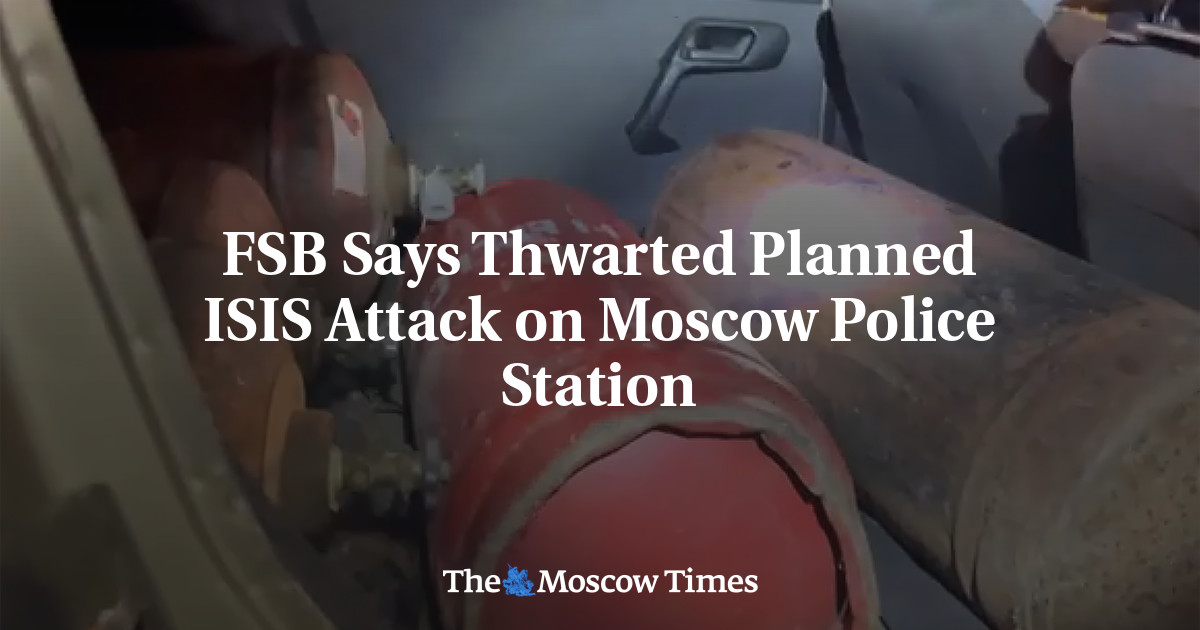As Russia lays the groundwork for deeper engagement with Central Asia, with a fresh presidential summit reportedly in the works, countries in the region are trying to maintain economic distance from their larger neighbor to the north.
In one of the latest examples, Kyrgyzstan’s central bank on Sept. 6 banned the settlement of trade contracts unless goods are shipped directly to Kyrgyzstan. This move could complicate Russian companies’ use of Kyrgyz banks for payments to China.
Meanwhile, the refusal of payments by Russian companies through Central Asian banks, including for the purchase of goods from third countries such as China, has increased by 30%, according to a July report by the RBC business news website.
These challenges come after multiple rounds of Western sanctions targeting Central Asian firms accused of helping Russia bypass sanctions.
EU sanctions envoy David O’Sullivan praised Kazakhstan for its cooperation, but it’s clear that Central Asian countries face limits in their ability to fully break away from the Kremlin.
This delicate balance presents an ongoing dilemma for Western policymakers: how to deprive Russia of critical military components without driving Central Asian nations closer to Moscow.
 Kyrgyzstan's border with China.
Zossolino (CC BY-SA 4.0)
Kyrgyzstan's border with China.
Zossolino (CC BY-SA 4.0)
Why does Russia need Central Asia?
Russia’s neighbors in Central Asia are playing an important role in helping Moscow soften the blow of Western sanctions, as well as the exodus of foreign companies since the full-scale invasion of Ukraine.
Central Asian nations provide Russians with access to goods and financial services that are no longer readily available at home. Many middle-class Russians travel to countries like Kazakhstan or Kyrgyzstan to open bank accounts or purchase Western brands.
Kazakhstan, in particular, has emerged as a hotspot for Russian entrepreneurs. In 2023, it became the second most popular destination for Russians starting businesses, with 6,100 new companies established — second only to Georgia.
Whether this outcome is a bug or a feature of the Western sanctions regime is up for debate. And while the crackdown against the political opposition inside Russia continues, the economic opportunities offered in countries like Kazakhstan and Uzbekistan may contribute to brain drain and capital flight from Moscow, potentially benefiting the Western alliance.
However, Western policymakers have concerns that Russia could exploit Central Asian countries to reroute goods from the EU, further complicating efforts to isolate Moscow economically.
As the EU’s exports to Russia dropped by 53% between 2021 and 2023, Kazakhstan’s exports to its northern neighbor rose by 39%, Kyrgyzstan’s by 90% and Uzbekistan’s by 77%.
It is difficult to know for certain how much of this increase is due to Western goods being rerouted through Central Asia to Russia, but it is likely to be a significant proportion.
How does Central Asia help Russia soften the impact of sanctions?
Journalists have documented numerous cases of how dual-use goods end up in Russia via Central Asian countries.
For example, a 2024 report by the Organized Crime and Corruption Reporting Project (OCCRP) shed light on the alleged scheme to use a Kazakh company, KBR-Technologies LLP, to order high-tech semiconductor production equipment and other goods from Europe for Russia’s needs.
The benefits of an EAEU free trade zone and informal links between companies in neighboring states enable such schemes, although their scale may be limited.
Bloomberg analysis shows that only about 7% of all goods transhipped from Kazakhstan to Russia are sanctioned dual-use items.
The issue of sanctions evasion worries policymakers enough to talk about it publicly. In the case of Kyrgyzstan, it helped add entire percentage points to its GDP growth, according to Alexey Eremenko, an associate director at the Control Risks consultancy.
Does Central Asia need to comply with sanctions?
So far, no Central Asian countries have joined the West in sanctioning Russia over its invasion of Ukraine, but they have committed not to assist Moscow in evading these restrictions.
According to Tom Keatinge, director of the Center for Financial Crime and Security Studies at the Royal United Services Institute (RUSI), since the sanctions against Russia are not mandated by the UN Security Council, they lack legal authority in nations that do not impose “unilateral” sanctions, such as the G7 countries and their partners.
In theory, Central Asian nations could align with all Western restrictions on Russia, close their customs to Russian goods and crack down on Russian companies operating within their borders.
In reality, however, implementing such measures would be challenging. Central Asian states are keen to avoid antagonizing the West to preserve their access to the SWIFT international payments system, Western goods and investments.
Yet, maintaining close economic ties with Russia is also crucial. Russia represents 19% of Kazakhstan’s trade turnover, 19% of Kyrgyzstan’s and 17% of Uzbekistan’s. For instance, Uzbekistan benefits from inexpensive Russian gas imports, with prices at $160 per 1,000 cubic meters in 2023, compared to export prices of $257 to Turkey and $320 reported for other markets.
Should the West sanction the Eurasian Economic Union?
The EU and the U.S. have employed diplomatic efforts to encourage Central Asian economies to reduce their reliance on Russia, while targeting individual, predominantly small, companies suspected of aiding Moscow.
Overall, U.S. sanctions agency OFAC has added eight Kazakhstani companies, 13 from Kyrgyzstan and 12 from Uzbekistan to its Specially Designated Nationals and Blocked Persons (SDN) list for sanctions related to Russia. Similarly, the EU has blacklisted entities involved in transferring prohibited goods to Russia.
Some argue that the West should adopt a more stringent approach to curbing these violations, potentially by imposing sectoral sanctions on Russia’s neighbors to cut off a range of technologies.
However, there is no indication that the West plans to impose sanctions on Moscow’s neighbors to the same extent as Russia or Belarus.
Part of the reason is that Central Asian governments do not appear to be deliberately facilitating large-scale shipments of Western goods to Russia. And while these countries may lack robust oversight mechanisms, their commitment to sanctions compliance appears “genuine,” according to Alexey Eremenko from Control Risks.
 Astana, Kazakhstan.
Bernard Gagnon
Astana, Kazakhstan.
Bernard Gagnon
From a geopolitical standpoint, increasing sanctions pressure on Central Asian countries could have the adverse effect of pushing them closer to Russia, as they have little to lose by deepening cooperation with Moscow.
“Whatever sanctions evasion is taking place through Central Asian jurisdictions, it is not yet a game changer,” Eremenko told The Moscow Times by email.
“Direct exposure to sanctions would likely push these countries closer to the likes of Russia and China, while sending a negative message that risks alienating other non-aligned and neutral countries,” he added.
At the same time, the West’s current approach to Central Asian economies has not been fully explored.
“So far, the G7 has used these tools relatively sparingly, but if diplomatic engagement does not work, we can expect to see them used more actively in the coming months,” RUSI’s Tom Keatinge told The Moscow Times.
Eremenko agrees that targeted sanctions against specific entities and individuals in Central Asia are likely. While most of the currently designated entities are small companies, often created to evade sanctions, the West could eventually target larger local businesses or banks involved in these schemes.
“Such a move would indeed be felt by the targeted country, but it would not be too geopolitically disruptive,” Eremenko said.
A Message from The Moscow Times:
Dear readers,
We are facing unprecedented challenges. Russia's Prosecutor General's Office has designated The Moscow Times as an "undesirable" organization, criminalizing our work and putting our staff at risk of prosecution. This follows our earlier unjust labeling as a "foreign agent."
These actions are direct attempts to silence independent journalism in Russia. The authorities claim our work "discredits the decisions of the Russian leadership." We see things differently: we strive to provide accurate, unbiased reporting on Russia.
We, the journalists of The Moscow Times, refuse to be silenced. But to continue our work, we need your help.
Your support, no matter how small, makes a world of difference. If you can, please support us monthly starting from just $2. It's quick to set up, and every contribution makes a significant impact.
By supporting The Moscow Times, you're defending open, independent journalism in the face of repression. Thank you for standing with us.
Continue
![]()
Not ready to support today?
Remind me later.
 (1).png)
 3 months ago
14
3 months ago
14













